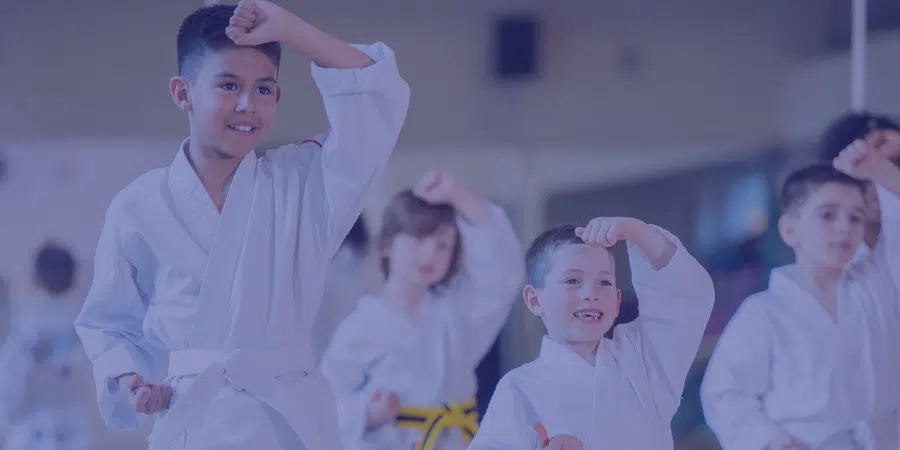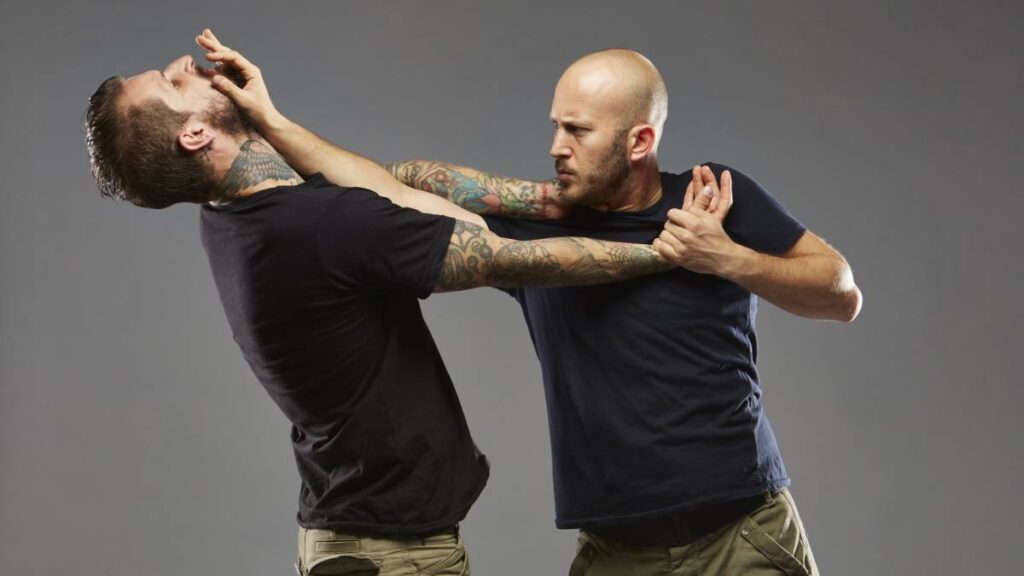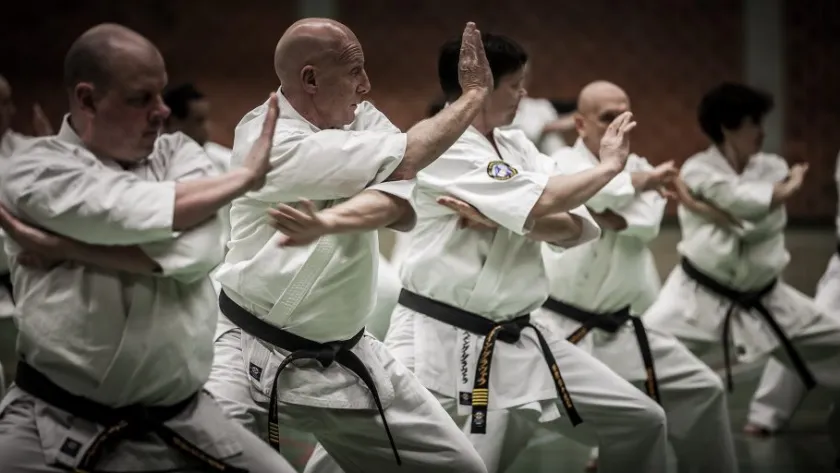Martial Arts for Kids: Discipline and Coordination

In a world where children are often surrounded by distractions and digital entertainment, martial arts offer a unique opportunity to develop essential life skills such as discipline, focus, and coordination. For many parents, enrolling their children in martial arts programs has become an effective way to enhance their physical fitness and mental strength while instilling values that go beyond the dojo or gym.
This article explores how martial arts training can benefit kids by building discipline, improving coordination, and fostering personal growth. It also highlights key aspects of martial arts programs that make them a powerful tool for child development.
1. Discipline: The Foundation of Martial Arts
Discipline is one of the core tenets of any martial art, and for kids, it serves as the foundation for personal growth both inside and outside the dojo. In martial arts, discipline is more than just following rules—it’s about self-control, perseverance, and respect for oneself and others. These qualities are essential for helping children navigate challenges in school, relationships, and future life.
How Martial Arts Build Discipline
- Structured Environment: Martial arts classes provide a structured setting where kids are expected to follow specific instructions from their instructors. The routines, such as bowing at the start of class or maintaining silence during certain activities, teach children the importance of following directions and respecting authority.
- Goal Setting: The belt ranking system used in many martial arts (such as Karate, Taekwondo, or Brazilian Jiu-Jitsu) encourages kids to set goals and work towards achieving them. Earning a new belt requires consistent effort, which teaches kids the value of patience, hard work, and long-term commitment.
- Mental Focus: Martial arts emphasize mindfulness and concentration. Whether it’s focusing on perfecting a punch or remembering a series of movements in a kata (form), children learn to quiet distractions and develop mental sharpness. This focus can be carried over into their academic and personal lives.
Benefits of Discipline in Everyday Life
Children who develop discipline through martial arts often perform better academically and socially. They learn to manage their emotions, handle challenges with resilience, and approach tasks with a positive mindset. The self-discipline gained in martial arts can also help reduce negative behaviors like aggression or hyperactivity.
2. Coordination: Physical and Mental Development
Coordination is another vital aspect of martial arts training, especially for young children who are still developing motor skills. Martial arts offer a dynamic combination of exercises that enhance both fine and gross motor coordination, helping kids improve balance, agility, and spatial awareness.
How Martial Arts Improve Coordination
- Body Control: Martial arts involve a wide range of movements, from punches and kicks to blocks and stances. These require precise body control, helping children to develop better balance and coordination. As they progress, they learn to control their bodies more fluidly and effectively.
- Hand-Eye Coordination: Many martial arts techniques, such as blocking a strike or landing a punch, require excellent hand-eye coordination. These skills are sharpened through repetitive drills and sparring exercises, which help children react quickly and accurately to stimuli.
- Footwork and Balance: Footwork is essential in almost every martial art. Children learn to shift their weight, pivot, and move with precision, which improves their overall balance. This can help with other physical activities like sports and daily tasks that require agility.
Cognitive Benefits of Coordination
Coordination isn’t just physical—it’s mental as well. Martial arts help kids develop the ability to focus on multiple tasks at once, such as remembering combinations of moves while maintaining balance and speed. This cognitive challenge helps improve memory, concentration, and problem-solving abilities.
3. Self-Confidence and Social Skills
Martial arts training is not only about physical skills; it also plays a significant role in building a child’s self-confidence and social abilities. Children gain confidence as they progress through their training, learning new techniques, earning belts, and overcoming challenges. They also develop strong bonds with their peers, promoting teamwork and communication.
Boosting Self-Confidence
- Achievement Through Progress: As children learn new skills and earn higher belts, their confidence grows. The sense of accomplishment that comes with mastering a new technique or completing a difficult challenge helps children feel proud of their efforts and believe in their abilities.
- Facing Challenges: Martial arts teach children how to face challenges head-on, whether it’s sparring with a partner, breaking a board, or passing a belt test. These experiences foster resilience and a growth mindset, helping children understand that failure is a part of learning and success is achievable through persistence.
Social Interaction and Teamwork
- Respect and Cooperation: Martial arts training emphasizes respect for others, from instructors to fellow students. Kids learn to work with others during partner drills and sparring, developing cooperation, communication, and empathy.
- Inclusive Environment: Many martial arts schools foster a supportive community where children of all abilities and backgrounds can train together. This inclusive environment helps kids make new friends, build social skills, and develop a sense of belonging.
4. Physical Fitness and Healthy Habits
In today’s digital age, keeping kids active is a growing concern for many parents. Martial arts provide an excellent way to ensure that children are engaged in regular physical activity, promoting fitness and healthy habits from a young age.
Physical Fitness Through Martial Arts
- Cardiovascular Health: Martial arts training often involves high-energy drills that get kids moving, such as kicking pads, sparring, or practicing combinations. These exercises improve cardiovascular health and increase endurance.
- Strength and Flexibility: Kicking, punching, and grappling movements in martial arts help develop muscle strength. Stretching exercises improve flexibility, which reduces the risk of injury and enhances overall mobility.
- Weight Management: Regular martial arts training helps maintain a healthy weight by burning calories and improving metabolism. This is particularly important for children in an age where sedentary lifestyles are common.
Encouraging a Healthy Lifestyle
Martial arts promote discipline not just in training but also in lifestyle choices. Children are often encouraged to maintain healthy diets, rest well, and avoid negative behaviors, helping them develop lifelong habits that contribute to their well-being.
Martial arts offer a powerful combination of physical, mental, and social benefits for children. Through disciplined training, kids learn valuable life skills like focus, perseverance, and respect while improving their coordination, fitness, and self-confidence. Martial arts programs provide a structured and positive environment where children can grow into well-rounded individuals, equipped with the tools they need to succeed in all areas of life.
Whether it’s Karate, Taekwondo, Judo, or any other martial art, enrolling kids in martial arts can set them on a path toward a healthier, more confident, and disciplined future.







Responses